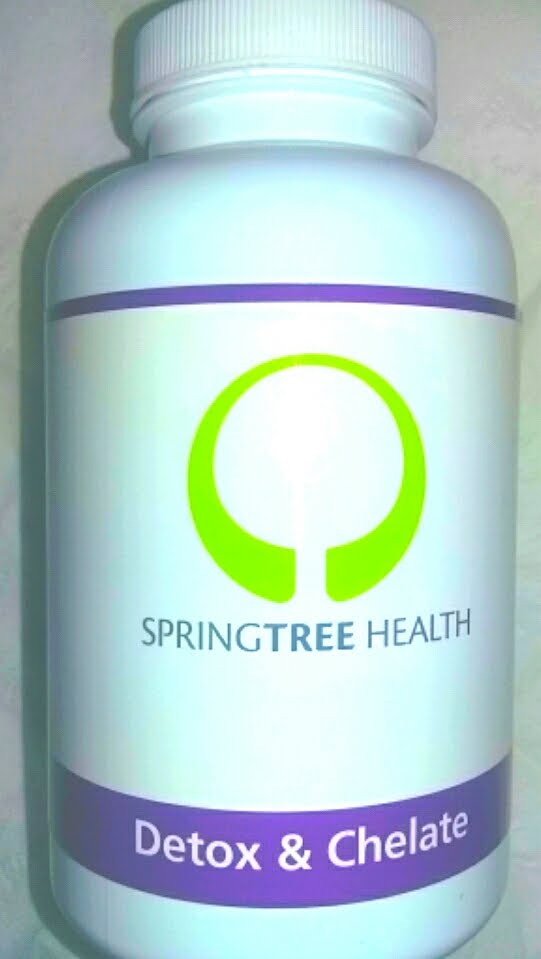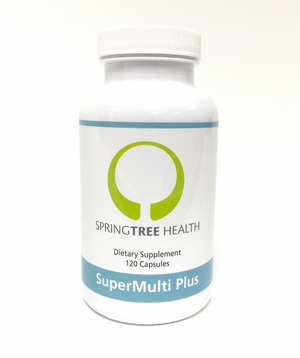
ADHD has become epidemic in the United States. About 1 in 7 boys and one in 19 girls between the ages of 3 and 17 had been diagnosed with ADHD in 2009. No one really knows the cause--there is much speculation, but that is the topic for another blog.
Today we are going to be talking about Diet and Supplements that can help ADHD.
ADHD has been shown in many cases to be a relative deficiency of dopaminergic reward in the brain. Increasing dopamine and balancing neurotransmitters is necessary for changes in behavior to take place.
Diet-wise, a lower simple carbohydrate and higher protein diet than most kids eat actually can increase dopamine in the brain and stabilize blood sugar levels (low blood sugar makes these kids crazy). That is why sugar can make ADHD symptoms worse--it doesn't improve dopamine and it causes a blood sugar yo-yo.
It is important to have healthy snacks available, as these children probably need to eat more often. Avoid simple carbohydrates, including white bread, white rice, white potatoes, sugar, corn syrup, honey and candy. Instead choose complex carbohydrates such as vegetables, whole grains, beans and fruit. Also consider protein snacks such as nuts and seeds, cheese sticks, unprocessed lunch meats (or leftover chicken, etc.), peanut and almond butter, etc.
Most children eat only carbohydrates for breakfast. This is one of the most important times to feed protein to keep their blood sugar stable through the morning.
Many of these children are sensitive to chemicals that have been shown to affect the brain, such as food colorings and artificial sweeteners. You may want to do an elimination trial, keeping them off chemicals and eating whole, natural foods for a week, and then give them the treats they've been demanding for a day, and see how that affects their behavior and physical symptoms. They will also notice their own behavior changes, and it can be quite effective for them to witness their own lack of control when they eat this way. It will often assist them in being more determined to stay away from those foods.
Some children have other sensitivities, such as dairy and gluten. You can ask your doctor to test gluten using the IgG and IgA anti-gliadin test, and for dairy using the IgG anti-casein test. If you don't want to subject your child to a blood draw, you can do an elimination, keeping off for two weeks, then having a day eating a lot of gluten, and another day eating a lot of dairy, and watching behaviors and physical symptoms. Allergies CAN affect the brain.
These changes can seem overwhelming, as ADHD children are often picky eaters. However, there are many ideas and creative recipes online to assist parents in learning the best way to feed their children, and how to get them to eat what you want them to.
There are supplements that have also been shown to improve ADHD symptoms. A good multi-vitamin is important to provide minerals, trace minerals, B-vitamins and anti-oxidants these children need to process their neurotransmitters.
L-tyrosine is a precursor to dopamine, and can improve dopamine levels. 5-HTP and St. John's Wart improve serotonin levels. GABA and inositol have calming affects on the brain.
DMAE improves acetylcholine transmission. Octacosanol, N-Acetyl-L Carnitine, Phosphatidylserine and Gingko Biloba improve brain function. Lithium helps calm aggression.
Grape Seed Extract, Pine Bark Extract and a good multivitamin provide antioxidants and have been shown in studies to help.
I have created two new supplements, ADD Focus Boost AM, and ADD Calm Time PM which includes all of these and more. They are formulated to balance neurotransmitters, improve focus and calm at bedtime. They are finally available at http://www.springtreehealth.com/. "Like" SpringTree Health on facebook and you can use the coupon code for a 10% discount.
These supplements are designed to be used with our Children's Vitamin, which is not available yet. I currently recommend these be used with 1/2 to 1 capsule of SuperMulti Plus (adult dose is 4 capsules).
These supplements are in capsule form. If the child cannot yet swallow a pill the capsule can be opened and put in juice or applesauce or some other food (preferably not a protein, and the protein will compete with the amino acids in the supplements). The dosages are the minimum. You can go higher if necessary without harm.
Please give us feedback as to how these supplements work for your children!
Until we meet again,
Dr. Judi





